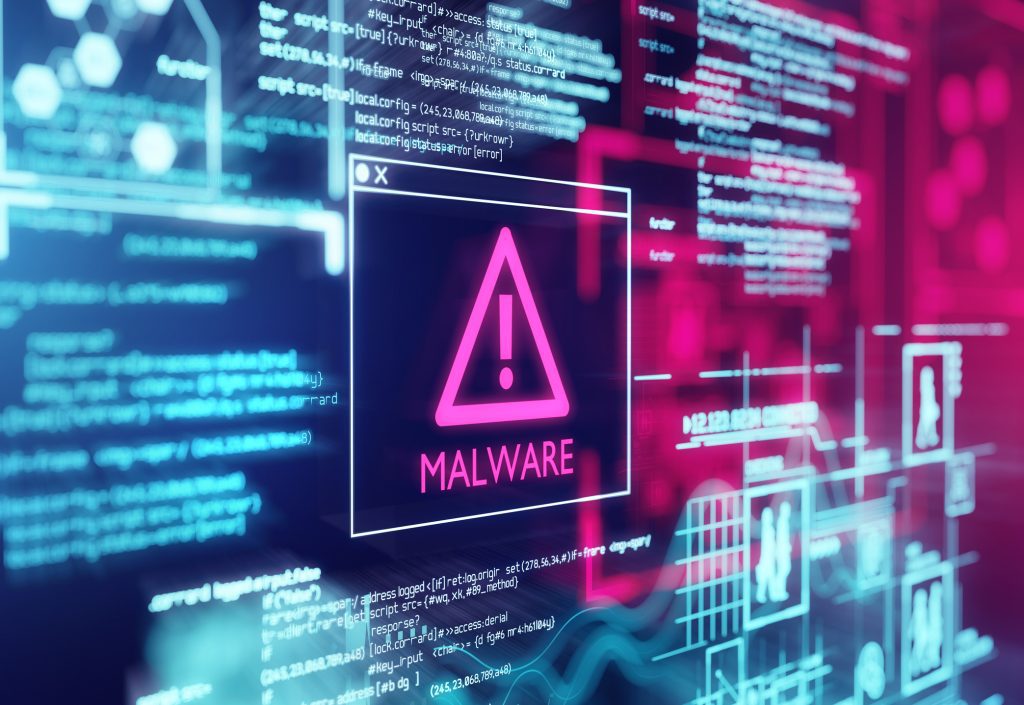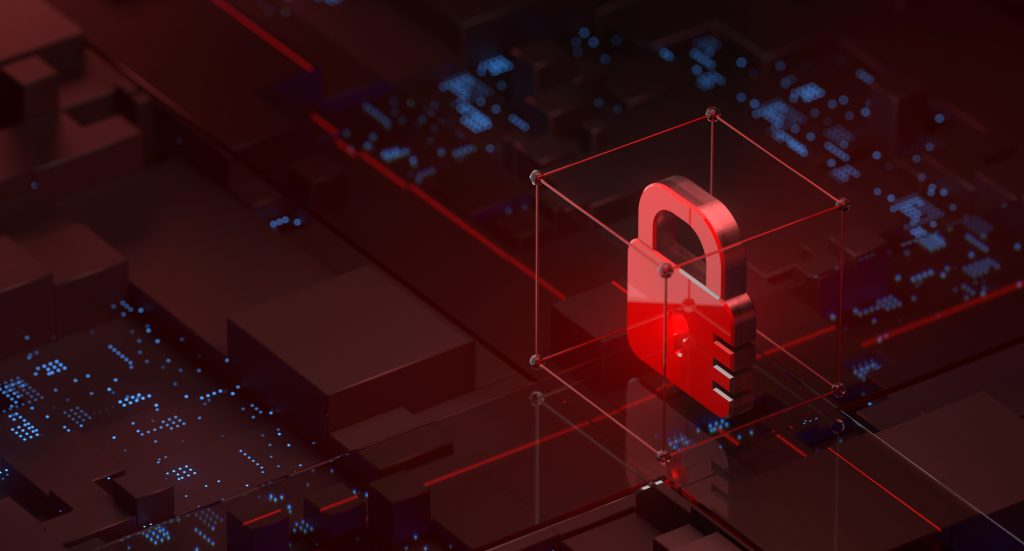Canada is under attack over the internet. Nearly 800 companies reported data breaches to the federal government between March 2020 and March 2021. At least nine million Canadians were affected by these breaches. Cybersecurity is no light matter. It requires your full attention and effort. Start your cybersecurity efforts today by informing yourself about online security.
What is cybersecurity, and why is it so important, even if you own a small business? How can your business be attacked? How can you keep your business safe, and what should you do during an attack?
Answer these questions and you can have resolute cybersecurity for years to come. Here is your comprehensive guide.
Why Cybersecurity Is Important
Cybersecurity is the methods and technologies that protect your computer systems and digitized data. The goal of cybersecurity is to protect you from digital attacks.
Hackers can exploit your lack of online security and do many things to your business. They can disable your website, preventing you from making sales or marketing yourself.
They can steal your information and hold it for ransom. Hackers can also release your information online, blackmailing or humiliating you.
The average cost of a data breach is $6.35 million. This may be more money than your business is worth. Many businesses have had to suspend their operations completely because of a data breach or cyber attack.
Many people are now aware of cybersecurity and they make buying decisions based on how safe a business seems. If your business seems unsafe, you may lose potential clients. You can gain clients and appear like an attentive and powerful businessperson if you hire IT support.
Types of Cyber Attacks
Your business can be attacked in a number of different ways. If you want to stay safe, you have to familiarize yourself with cyber attacks and take effective steps against each kind of attack.
Malware
Malware is any malicious software. There are many types of malware, though some are more popular than others.
A Trojan horse is malware that seems like legitimate software. Some people download software off of the internet, only for the malware to steal their information.

Ransomware can block access to your computer or network. Text may appear on your screen saying that you need to pay money or cryptocurrency to someone in exchange for access to your device. In reality, you may never get access to your device again, or the hacker may steal information from you.
Adware displays advertising content on your screen. Pop-up windows may appear on your screen, or words may link to malicious ads. Adware may display harmless ads, but it often displays links to other pieces of malware.
Phishing
Phishing involves using false communications in order to trick you into handing over your information. A hacker may send you an email claiming to be from a service you use.
The email may say that your account has been frozen, so you need to send in your information to them. Once you send your information over, the hacker steals your account.
Other hackers send emails asking you to open files. The file downloads malware on your computer that steals your information or affects your system.
Spear phishing is phishing that targets specific individuals in your company. The phishing email is addressed specifically to you and may talk about an important issue that affects you. You hand over your information or download an attachment, and the hacker takes your information.
Password Stealing
Many hackers focus their attention on passwords because they are easy to steal. In addition to phishing, a hacker can upload a keylogger onto your computer. This malware tracks the keys you use to type in your password, sending them to the hacker.
Hackers can also try brute force. Many people make passwords with their personal details or use basic ones like “password123.” If a hacker knows some facts about you, they may be able to guess your password and access your account.
How to Promote Your Cybersecurity
You should take several simultaneous steps to protect your business. Talk to an IT professional about how to take these steps and other measures they think you should take.
Think About Web Development
You should develop a strong website that protects you and your customers from attacks. Your website should have input validation, checking that data entering your website is safe and legitimate.
If you are asking users to log onto accounts, you should require them to engage in two-factor authentication. In addition to their passwords, your user should provide a code sent to their phone or email. This makes it harder for a hacker to access your system or for someone’s account to be stolen.

Data you send to your clients or that your clients send to you should be encrypted. You should also encrypt any data you have inside your databases, particularly sensitive files related to your employees.
At a minimum, you should implement Hypertext Transfer Protocol Secure (HTTPS). This is an extension of HTTP, and it allows for a more secure connection between your website and the user. If you are relying on HTTP, you should work with a website developer to transition to HTTPS.
You should follow additional tips for building a website like following code quality standards. Have a web developer and digital marketing company check your code to make sure it is functional and safe.
Perform Risk Assessments
You should perform a risk assessment on your website at least once a year. Start by identifying what your company’s most important data information is. Personal details about your employees and clients like their mailing addresses deserve maximum protection.
Then think about how hackers can access those details. Brainstorm different strategies hackers can take and what vulnerabilities in your network they can rely on.
Determine what the damage of an attack would be. If a hacker can steal your name and mailing address, they can steal your identity. They can also break into your home or stalk you.
Protect Your Passwords
Whenever you need a password for work, you should come up with a unique word that is hard to guess. Never include your personal details in your password.
You can come up with a code phrase. Pick a line from a work of literature or movie you like. Take the first letters of each word in that line and add a few numbers and characters to the end to create your password.
Never write down your password on a piece of paper. You can use a password manager or app to store your passwords so you remember them.
Train Your Employees
Your employees should receive training in securing a business every year. They should learn about the latest cybersecurity threats and the steps your company is taking to combat threats.
Tell your employees that you will never ask them for their password in an email. You should also ask them to be careful when downloading software. They should talk with you or an IT professional to determine if the software is legitimate or not.
If your employees take home company computers or devices, you should give them routers and hard drives so their data stays safe. Using a company computer on a home server can make your computer vulnerable to an attack.
How to Confront a Cyber Attack
Do not panic if a cyber attack happens on your computer. Determine what led up to the attack and what is going on.
Contact anyone you think may be affected, including your clients. Ask them to take steps to protect themselves, including changing their password.
You can talk to the police, but do not make any posts on social media about your attack. This can escalate the situation and tell other hackers that your systems are vulnerable.

Bring all affected devices to an IT company. Ask them to perform an audit on your system and remove infected files. You should also talk to a back-end developer who can construct a safe internal website for you.
If your device or data is being held hostage, you should not follow the hacker’s instructions. They may take your money and then delete the data. You should talk to the authorities and figure out what your next steps are.
The Essentials of Cybersecurity
Cybersecurity is your protection from devastating attacks. Your company can be attacked in several ways, including through malicious emails and malware. Your password can be stolen and someone can steal your identity completely.
Protect your data by building a strong website and training your employees in cybersecurity. Never open suspicious emails, download unusual files, or use easy-to-guess passwords. When an attack happens, get help from an IT company in your area and shift to secure servers and devices.
Get help with building a secure and beautiful website. Elite Digital serves Toronto businesses. Contact us today.
